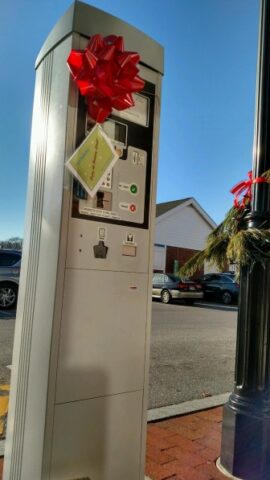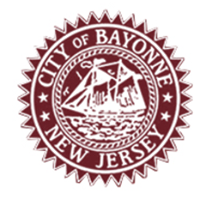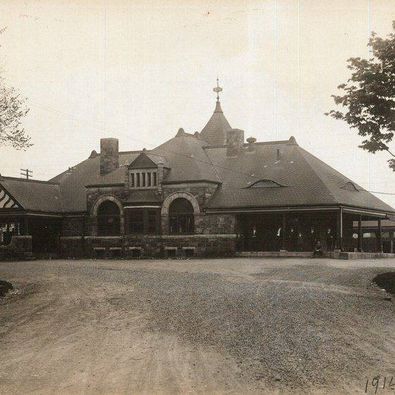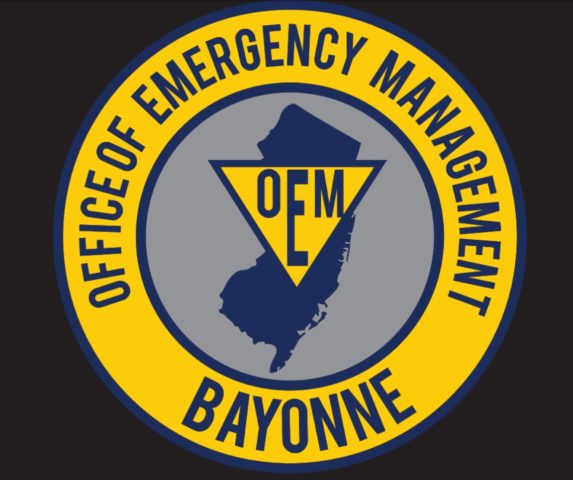The Murphy Administration is awarding nearly $16.2 million in grants to communities across the state to help them enhance waste reduction and recycling programs, the same amount as the previous year’s total, Department of Environmental Protection (DEP) Commissioner Shawn M. LaTourette announced. The DEP is awarding Bayonne a recycling grant of $133,677, up from $115,257 in 2022. Mayor Jimmy Davis said, “I would like to thank the residents and businesses in Bayonne for taking part in our recycling programs. Their support for recycling helped generate this grant.†Mayor Davis continued, “I would also like to thank Public Works Director Tom Cotter and Recycling Coordinator Mike Tassone for providing successful leadership of our recycling programs. Their steady efforts have led to this 2023 state grant that will help maintain Bayonne’s recycling and waste collection efforts.â€
The Bayonne Department of Public Works will use the state grant to support its waste management and recycling programs. The specific uses of the grant will be announced at a later date.
The annual awards are based on 2020 recycling performance, the most recent year for which data is available. Municipalities must use their funds for various recycling initiatives. These may include sponsoring household hazardous waste collection events, providing recycling receptacles in public places, or maintaining leaf composting operations.
Commissioner LaTourette said, “New Jersey has long set a national example for recycling, starting with being the first state to enact a recycling law in 1987.†He continued, “This annual grant program provides incentive for communities to strengthen their municipal recycling initiatives, encourage children and adults to keep our environment clean, and provide assistance in helping to reduce the local tax burden while also improving quality of life.†The grants are awarded through the state’s Recycling Enhancement Act and are funded through a $3 per-ton surcharge on trash disposed statewide at solid waste facilities. As required under the Recycling Enhancement Act, the DEP returns 60% of that money to municipalities based on how much recycling each community reports accomplishing during the calendar year. The remaining funds are divided, with 30% going to counties, 5% to colleges and universities, and 5% for administrative costs.
According to the DEP, “For calendar year 2020, New Jersey generated 20,997,099 tons of solid waste, which represents disposal (9,474,871 tons) and recycling (11,522,228 tons) reported by municipalities and, in limited instances, counties.†The DEP continued, “The overall tonnage of materials reported as recycled and as disposed both decreased slightly in 2020 from 2019, leading to a slight decrease in the overall recycling rate, to 55% in 2020 from 56% in 2019. Solid waste includes municipal waste plus construction debris and other types of non-municipal waste.â€












